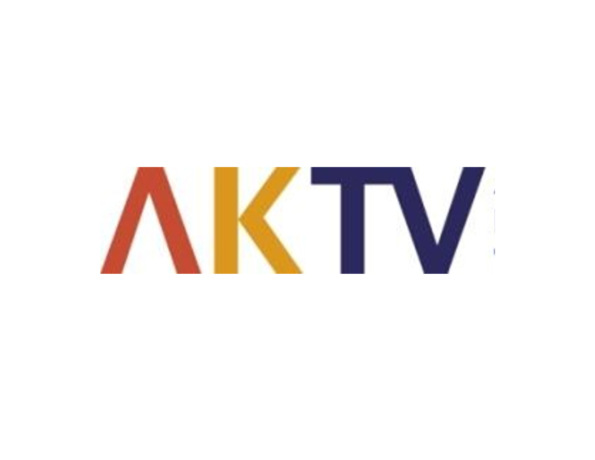EP negotiators and the Bulgarian Presidency of the Council of the EU agreed on substantial rules for audiovisual media services, including digital platforms, on Thursday evening.</strong
The revised legislation will apply to broadcasters, but also to video-on-demand and video-sharing platforms, such as Netflix, YouTube or Facebook, as well as to the live streaming on video-sharing platforms. EP negotiators managed to secure enhanced protection for children, stricter rules on advertising, and at least 30% of content in programmes of TV channels and VOD platforms must be European.
Protecting minors from violence, hatred, terrorism and harmful advertising
MEPs introduced “effective and efficient” new rules into the law that prohibit any content inciting violence, hatred and terrorism, while gratuitous violence and pornography will be subject to the strictest rules.
While co-regulation and self-regulation are prioritised, video-sharing platforms will now be responsible for reacting quickly when content is reported or flagged by users as harmful. At the request of the Parliament, platforms need to create a transparent, easy-to-use and effective mechanism to allow users to report or flag content. Technical solutions to explain the nature of the content in the hosted videos and follow-up when a video has been flagged are also needed.
Health and safety concerns regarding minors are also addressed. The new law includes strict rules on advertising or product placement in children’s TV programmes or content available on video-on-demand platforms. Measures should be put in place to effectively reduce children’s exposure to publicity on unhealthy food or beverages. Product placement and teleshopping will be prohibited in children’s programmes, while member states can decide individually whether they also want to exclude sponsorship from children’s programmes.
EP negotiators also secured a personal data protection mechanism for children, imposing measures to ensure that data collected by audiovisual media providers are not processed for commercial use, including profiling and behaviourally targeted advertising.
Advertising limits redefined
The new rules impose a maximum 20% quota of advertising of the daily broadcasting period between 6.00 and 18.00, giving the broadcaster the flexibility of adjusting their advertising periods. A prime-time window between 18:00 and 0:00 was also set out, during which advertising will only be allowed to take up a maximum of 20% of the broadcasting time.
30% of audiovisual content on the video-on-demand platforms’ catalogues must be European
In order to support the cultural diversity of the European audiovisual sector, MEPs ensured that 30% of content should be European, also in the video-on-demand platforms’ catalogues.
Video-on-demand platforms are also asked to contribute to the development of European audiovisual productions, either through a direct investment in content or a contribution to national funds. The level of contribution in each country should be proportional to their on-demand revenues in that country (member states where they are established or member states where they target the audience wholly or mostly).
The Parliament also secured measures to ensure the integrity of the signal. It applies to smart TVs and means that the media service provider cannot add a window with content to the screen during a programme, without first having the agreement of the broadcaster. Rules are also foreseen to ensure that media services providers continuously and progressively make audiovisual services more accessible for people with disabilities.
Quotes
EP negotiator Petra Kammerevert (S&D, DE) said:
“We made major breakthroughs in the negotiations and now have a political agreement on all pending key issues. The outcome is well balanced, especially with regard to the scope of the directive, including video-sharing platforms and audiovisual content on social media, a more level playing field for all communication stakeholders, and protection of European works.”
EP negotiator Sabine Verheyen (EPP, DE) said
“By applying similar rules to similar services, irrespective of whether the media content is consumed online or offline, we have made EU regulation fit for the digital era. Protecting children and minors has always been a top priority for us. We have now negotiated a level of protection for internet media services similar to that in place for traditional broadcast media. The transparency rules on advertising, and in particular on product placement and sponsorship, now also apply to user-generated content uploaded to video-sharing platforms. This will protect consumers, especially children and minors.”
Next steps
Following the informal agreement, the text will have to be voted on by the Culture and Education Committee, which is leading the negotiations. A vote in plenary to endorse the new rules is likely to take place in September (tbc).
Source: European Parliament





